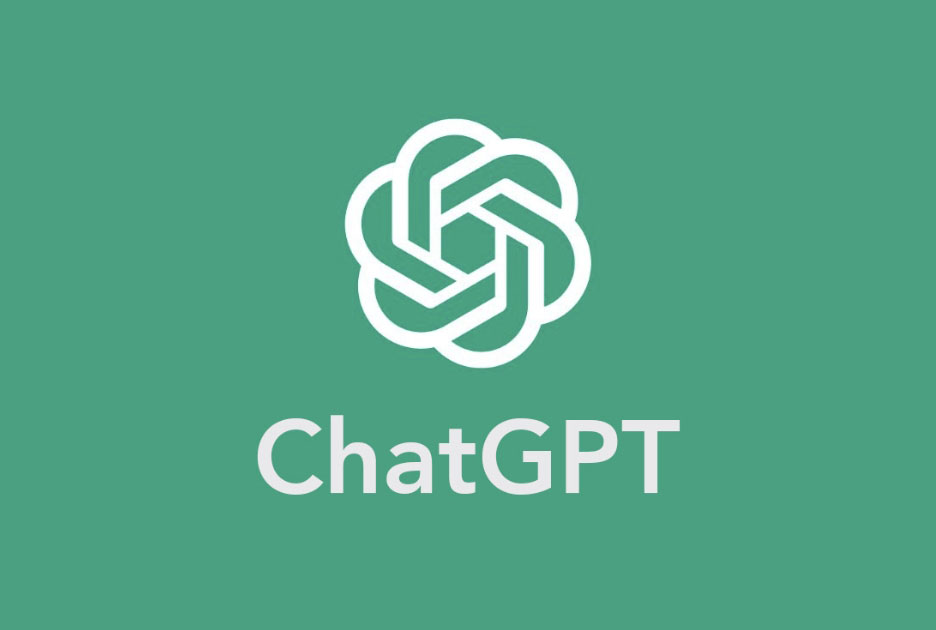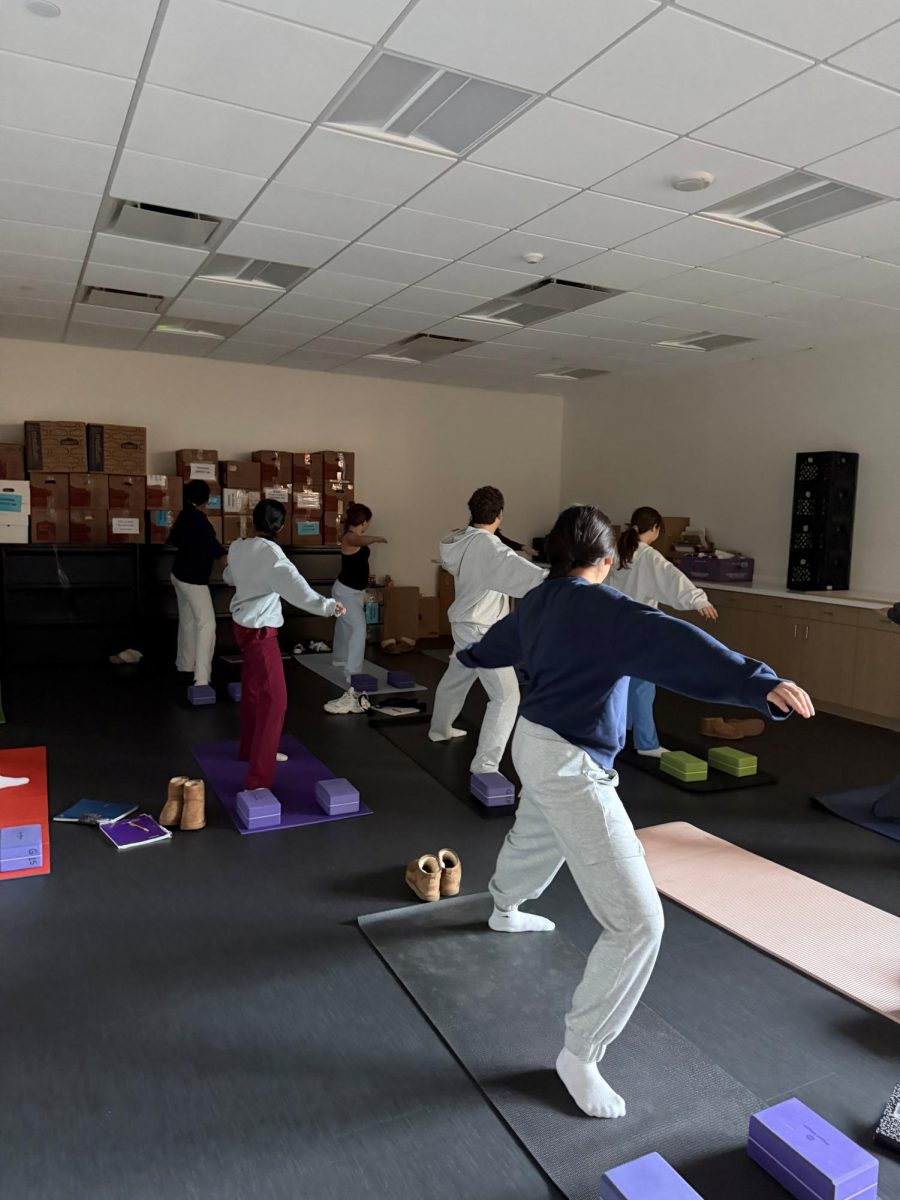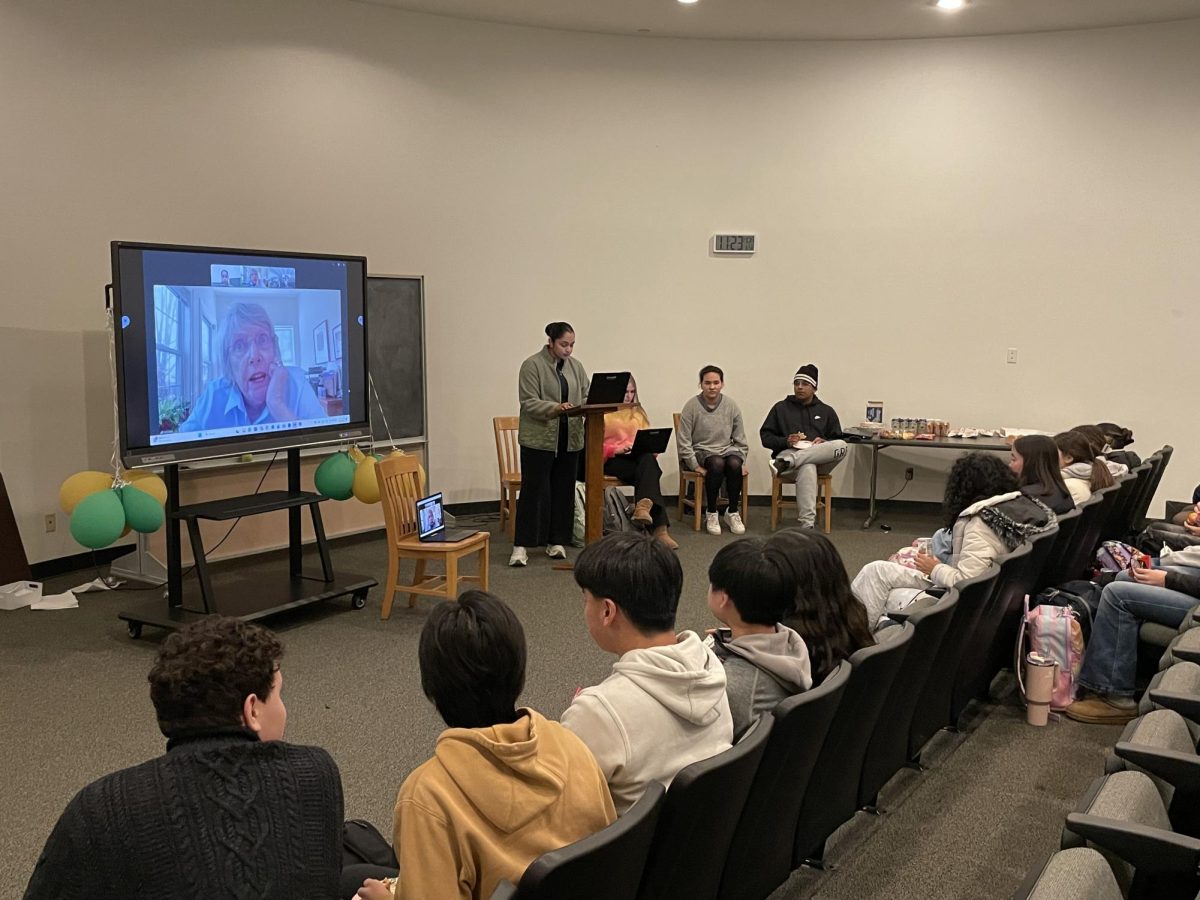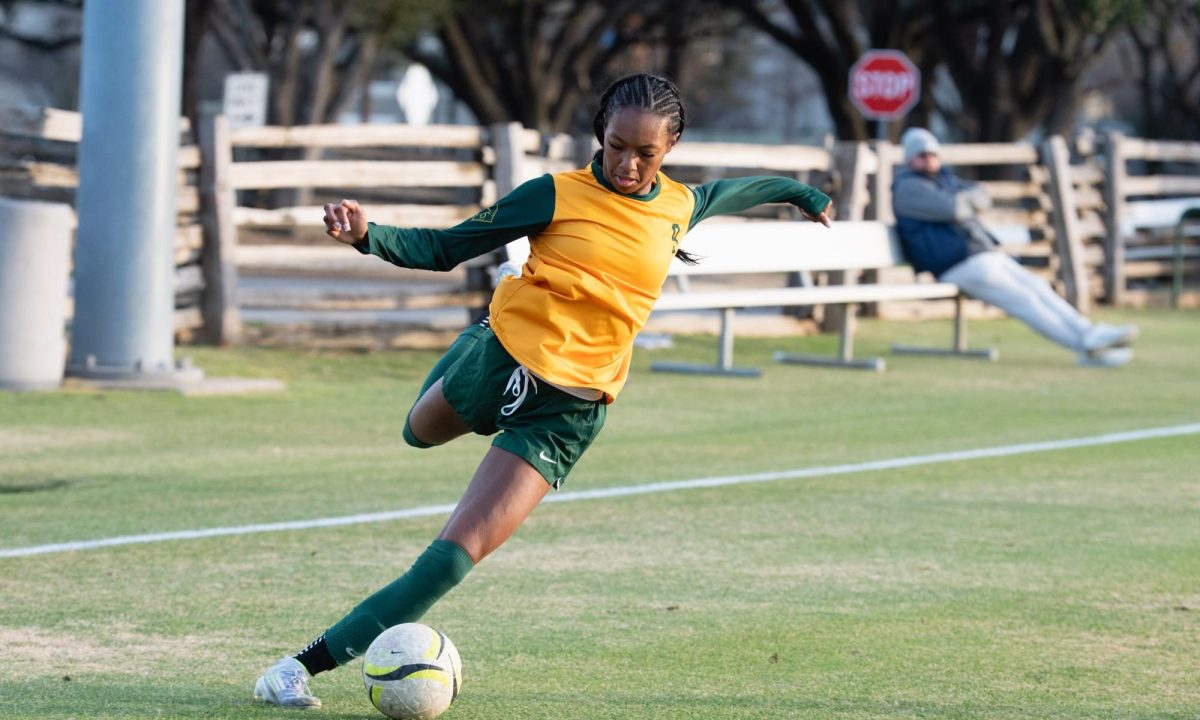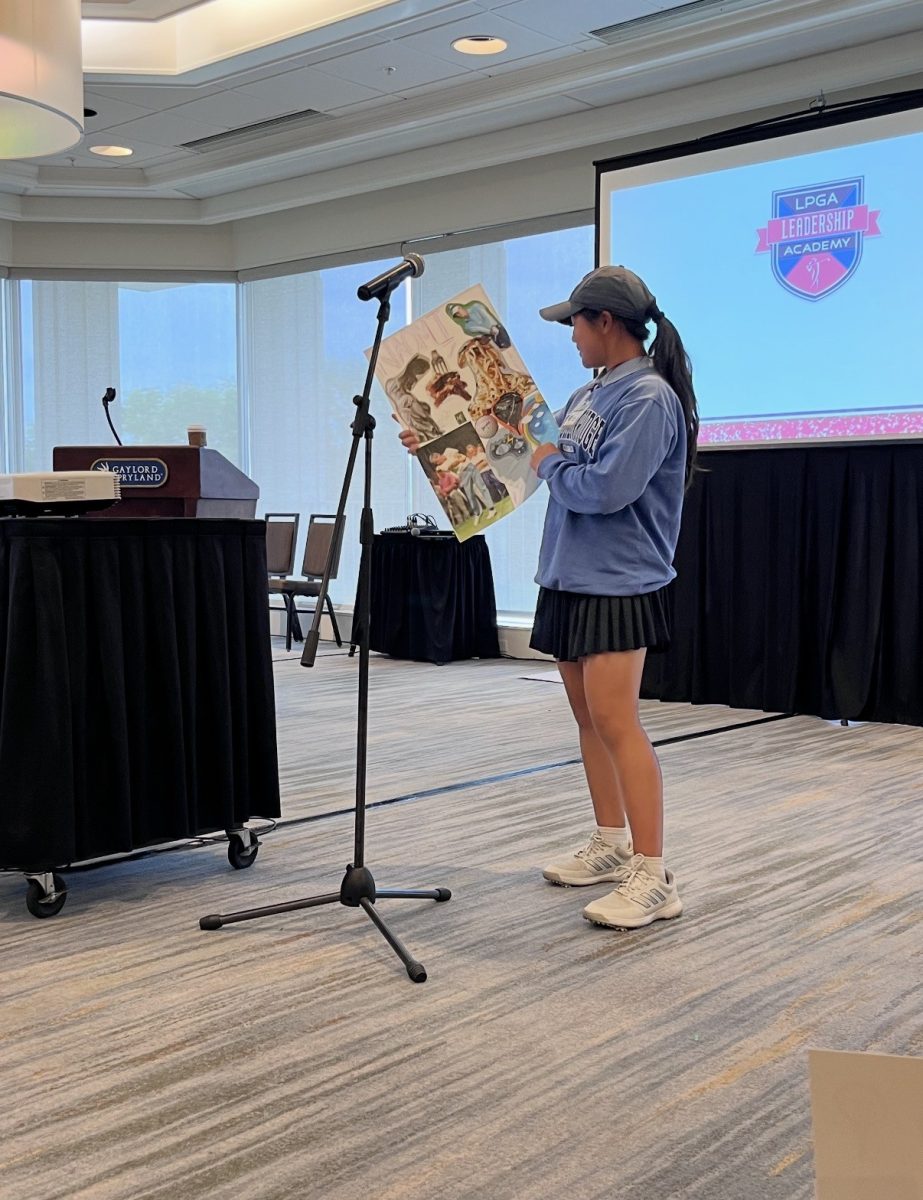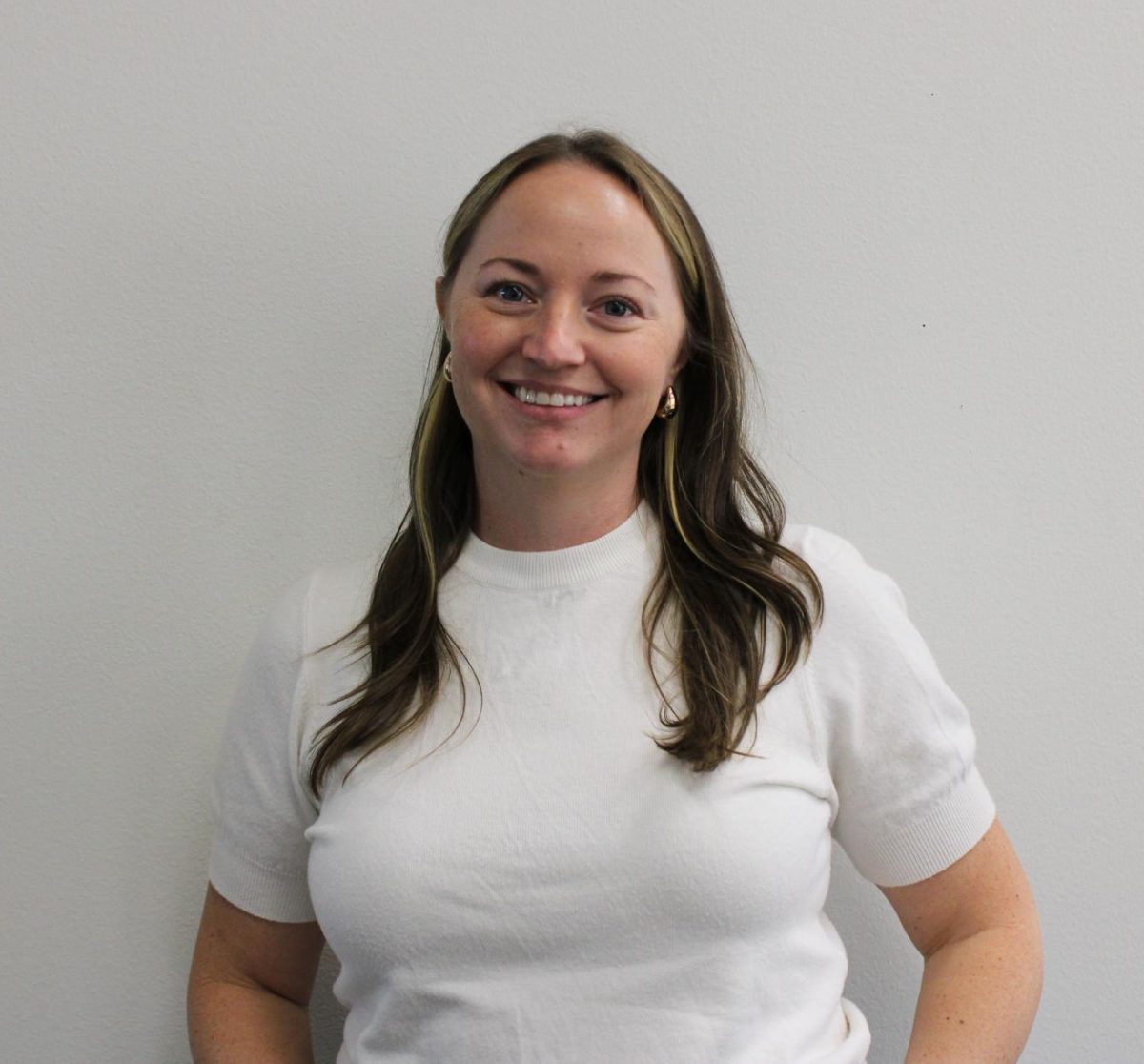Throughout this school year, and in preparation for the upcoming midterms in February, Greenhill has made changes to its academic dishonesty policies and the Honor Council.
Dean of Students George Heinrichs has been the driving force behind these changes.
“I think academic honesty is one of the essential parts of an education,” Heinrichs said. “Fundamentally, for a teacher to be able to teach and support you, they need to know what you do and do not understand.”
Heinrichs emphasizes the importance of academic honesty and the negative long-term effects caused by cheating.
“Any act that deprives students of a healthy habit or a healthy habit of mind is just going to be detrimental to them later,” Heinrichs said.
Additionally, he noted that acts of academic dishonesty do not only affect the person who is cheating.
“If a teacher is grading on a curve, academic dishonesty can be highly detrimental to the class,” Heinrichs said. “Every student should care about their own academic honesty because that helps them be the best version of themselves and an honest person that is in line with our values and community.”
Heinrichs says academic honesty is increasingly important right now due to the wave of midterm exams coming in late February. This will be the first time since prior to the pandemic that exams are occurring at Greenhill, and they will be more weighted on a student’s overall course grade than normal summative assignments.
“There is a greater incentive for students to cheat [on exams],” Heinrichs said. “We need to draw a clear line that students need to take very, very seriously.”
Heinrichs says academic dishonesty will most likely lead to a suspension or no evidence. He plans on eliminating the gray area so that if a student tries to cheat, the academic dishonesty will be very clear.
“By making it difficult to cheat, it makes it evident that it was obvious and intentional,” Heinrichs said. “This is not one of those times where students could say, ‘Oh, I do not remember that policy.’”
Heinrichs also emphasizes the availability of resources to help students who are struggling and have a high likelihood of cheating.
“We have counselors, learning specialists, teachers and tutors that students can be connected to,” Heinrichs said.
In addition to academic dishonesty policy updates, the Honor Council has been undergoing changes this year.
“I feel like our role has grown a lot this year,” junior Valentina Casas-Sayek, an Honor Council member, said.
Heinrichs now leads the honor council and believes in the importance of having student opinions on honor-related issues.
“It is so much better to have a panel of people making decisions about whether something did or did not happen rather than one sole individual,” Heinrichs said. “It makes the decision so much more fair for everyone involved.”
Heinrichs says the stress and pressure of trying to maintain grades perpetuates a student’s desire to cheat.
“It is more of a mistake in real time because [a student] feels like they cannot stand to get a lower grade,” Heinrichs said.
Part of the Honor Council’s job is to help students deal with that stress.
“Most of the consequences are that you have to go meet with the school counselor to help deal with your stress or check in with your advisor to make sure that you are managing your time,” Heinrichs said. “Honor council is there to help instill a sense of honor and accountability in students and educate them on it as well.

